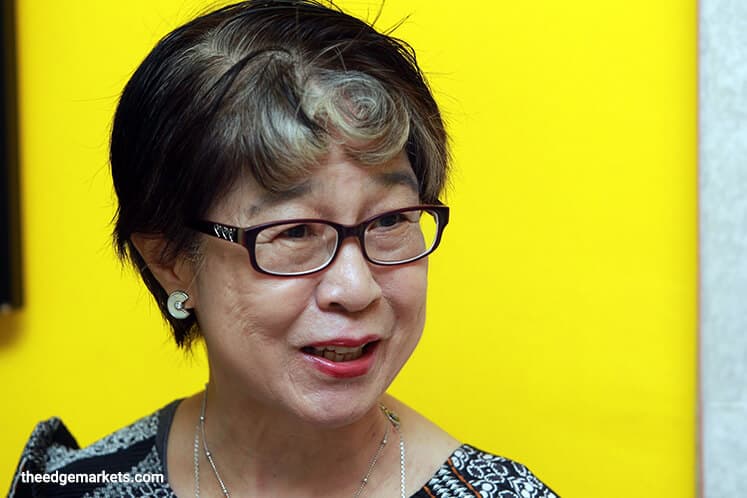
This article first appeared in The Edge Malaysia Weekly on April 24, 2017 - April 30, 2017
ALMOST 80 of the over 900 public-listed companies on Bursa Malaysia have never paid a single sen of dividend to their shareholders.
Bloomberg data show that 269 companies paid dividends irregularly, 327 paid annually, while 184 paid semi-annually.
Only 55 companies paid dividends on a quarterly basis, while 13 paid thrice a year.
Despite being in net cash positions and generally profitable, the likes of Borneo Oil Bhd, Petaling Tin Bhd, MNC Wireless Bhd, Innity Corp Bhd, South Malaysia Industries Bhd, Diversified Gateway Solutions Bhd, Merge Energy Bhd, Malaysian Genomics Resource Centre Bhd, Technodex Bhd and Kronologi Asia Bhd do not any dividend track record.
Worse still, some of these companies have even called for rights issue to seek money from shareholders.
It is noteworthy that the net cash held by China Stationery Ltd and Premier Nalfin Bhd is more than their respective market capitalisation.
To illustrate, if companies were compelled to pay dividends of at least 30% of profit after tax of the financial year, China Stationery would have to pay RM5.55 million in dividend, based on its net profit of RM18.5 million in financial year ended Dec 31, 2016. This would translate into dividend per share of 0.4 sen, or an attractive dividend yield of 5%.
If companies were cash-rich, they should be able to meet various financial commitments and still be able to allocate sufficient funds for dividend payments.
However, some companies are stingy with dividend payments, and do not seem to value the support of their minority shareholders. Hence, it was not surprising that Liu Shiyu, chairman of the China Securities Regulatory Commission, early this month urged public-listed companies in their country to reward investors with cash dividends and vowed to punish stingy “iron roosters”.
This brings us to the question: Should cash-rich companies be punished for not paying dividends?
The minorities would lose out if companies were fined for not paying dividends because their cash reserves would be reduced. In other words, the companies would be punished at the expense of minority shareholders.
Hence, who should be paying the fines? Malaysian Investors’ Association (MIA) president Datin Ho Choy Meng says it should be those directors who wilfully disregard the interest of the shareholders.
“I call upon the authorities to impose fines on those responsible for the affairs of the companies and not the companies themselves,” she tells The Edge.
However, the authorities must be fair, she adds.
She acknowledges that there are legitimate reasons for withholding the dividend payments, such as when cash reserves are required for future business expansion or to make provisions for contingencies due to adverse economic cycles.
However, she says a blanket dividend policy is difficult to implement for public-listed companies.
Although they operate in the same general economic environment, each is a unique entity while conditions may favour one sector but not another.
“MIA welcomes a policy that ensures mandatory dividend payment for profit-making companies with adequate cash reserves, at a rate which will not impair expansion plans requiring a sufficient cash position,” she says.
It boils down to efficient monitoring of the performance of the companies.
“A set of well-framed regulations are of no use if there is no enforcement followed by punishment commensurate with the transgression or offence,” Ho says.
Another question is whether there are enough judges well-versed in corporate law to preside over such cases brought before them.
“Furthermore, which Member of Parliament will be tasked to ensure the proposed law gets the notice of the Dewan Rakyat Speaker so that it will be read, debated and passed,” she asks.
Another way to punish the directors of non-dividend paying companies is to vote them out.
Last year, in the UK, company directors who presided over sharp dividend cuts faced a loss of support when it was time for re-election. Influential investor group, Investment Association, had sent letters to the chairs of FTSE companies urging directors to be vigilant in assessing the profitability of their businesses.
This followed concern over the practice of “kitchen sinking” where newly appointed chiefs cut profit expectations and dividends so they can more easily achieve future earnings targets.
Save by subscribing to us for your print and/or digital copy.
P/S: The Edge is also available on Apple's AppStore and Androids' Google Play.